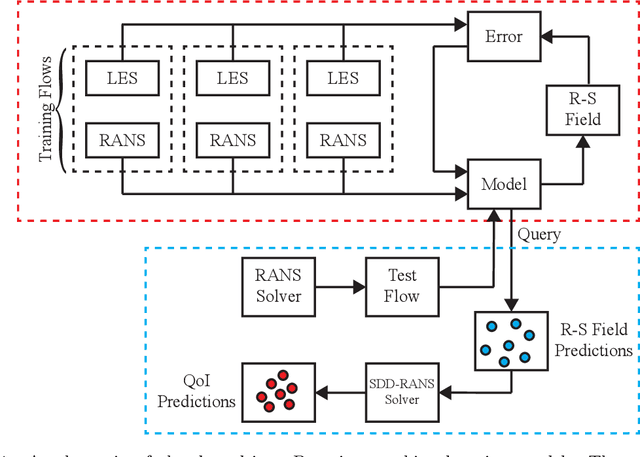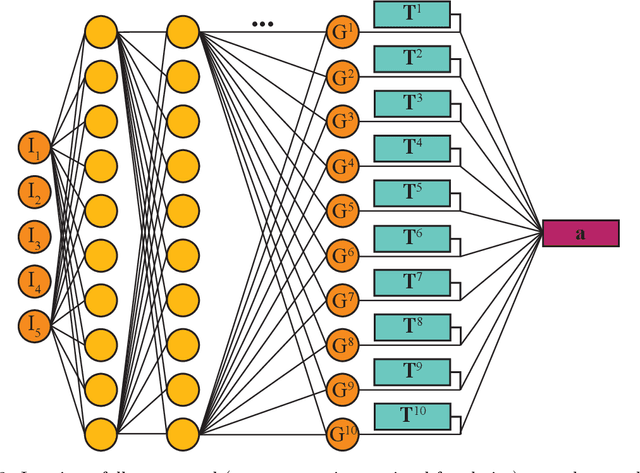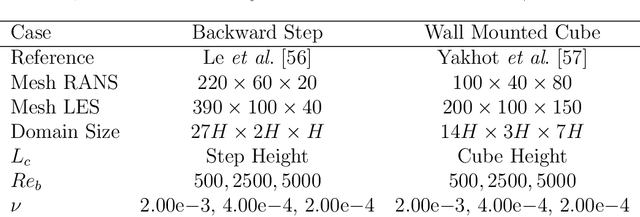Quantifying model form uncertainty in Reynolds-averaged turbulence models with Bayesian deep neural networks
Paper and Code
Jul 08, 2018



Data-driven methods for improving turbulence modeling in Reynolds-Averaged Navier-Stokes (RANS) simulations have gained significant interest in the computational fluid dynamics community. Modern machine learning models have opened up a new area of black-box turbulence models allowing for the tuning of RANS simulations to increase their predictive accuracy. While several data-driven turbulence models have been reported, the quantification of the uncertainties introduced has mostly been neglected. Uncertainty quantification for such data-driven models is essential since their predictive capability rapidly declines as they are tested for flow physics that deviate from that in the training data. In this work, we propose a novel data-driven framework that not only improves RANS predictions but also provides probabilistic bounds for fluid quantities such as velocity and pressure. The uncertainties capture include both model form uncertainty as well as epistemic uncertainty induced by the limited training data. An invariant Bayesian deep neural network is used to predict the anisotropic tensor component of the Reynolds stress. This model is trained using Stein's variational gradient decent algorithm. The computed uncertainty on the Reynolds stress is propagated to the quantities of interest by vanilla Monte Carlo simulation. Results are presented for two test cases that differ geometrically from the training flows at several different Reynolds numbers. The prediction enhancement of the data-driven model is discussed as well as the associated probabilistic bounds for flow properties of interest. Ultimately this framework allows for a quantitative measurement of model confidence and uncertainty quantification for flows in which no high-fidelity observations or prior knowledge is available.
 Add to Chrome
Add to Chrome Add to Firefox
Add to Firefox Add to Edge
Add to Edge